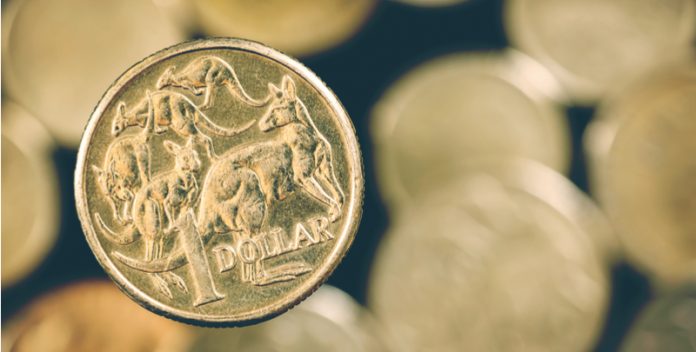- Australian unemployment rose to 7.1% in May, worse than the 7% forecast
- BoE not expected to cut interest rates
- BoE could increase asset purchases by £100 billion
- Pound Australian Dollar exchange rate (GBP/AUD) extends losses
The Pound is slumping lower versus the Australian Dollar on Thursday, with losses accelerating in the European session.
At 08:15 UTC, GBP/AUD is trading -0.45% at 1.8155 despite worse than expected Australian labour market data and ahead of the Bank of England’s monetary policy announcement.
Australia saw another 227,000 jobs lost across May, with the unemployment level pushing higher to 7.1%, the highest rate in 19 years. The data was worse than the -125,000 job losses and 7% unemployment rate that analysts had pencilled in.
According to the Australian Bureau of Statistics the country has now lost over 824,000 jobs over the past two months as the coronavirus crisis hits the economy. Australians have been warned that more job losses are likely in the months ahead, with unemployment expected to push above 10%.
The Bank of England is not expected to cut interest rates from the current 300 year low of 0.1%. The central bank is expected to increase its Asset Purchase Programme by £100 billion. There will almost certainly be some more dovish policy makers who will want to increase the programme by more.
Since the coronavirus crisis started the central bank has slashed rates from 0.75% to 0.1% and added £200 billion to its quantitative easing programme bringing it to £645 billion.
The BoE will be under pressure to act after data yesterday from the Office of National Statistics revealed that inflation increased at its slowest rate in 4 years in May, up just 0.5% compared to a year earlier. Additionally, data last week showed that the UK economy contracted by 25% in March and April.
Should the BoE increase the Asset Purchase Programme by more than the £100 billion expected, this could be Pound positive as investors are encouraged by the central bank’s support. Less than the £100 billion could have the reverse impact and drag the Pound lower.





